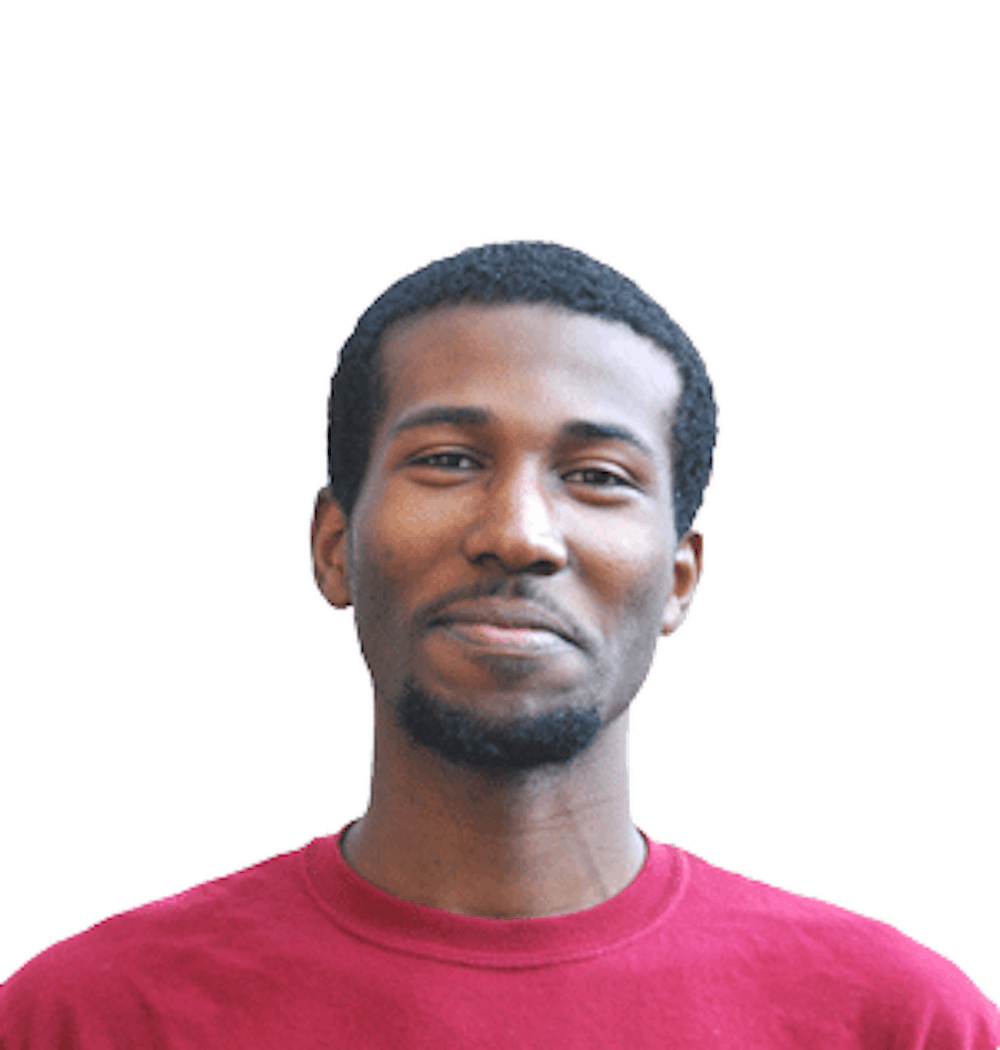It’s probably too early for a retrospective. I’m still a freshman, Preview was only yesterday and we have a few weeks to put our labors to rest. Yet as I was reading the late Peter Matthiessen’s The Snow Leopard, which charts his spiritual and physical journey on the Tibetan Plateau, I thought about the ways in which I had improved (or worsened) during my own voyage in and around Old Nassau. My shortcomings are legion, but during this academic year, I’ve also enjoyed a few personal successes. One of the more peculiar changes—deleting my Facebook account — allowed me to begin cultivating some of the characteristics that the University has itself reflected.
Deleting my Facebook was more difficult than it probably should have been. I had struggled with the decision for almost a week before clicking the button that erased my virtual identity. We can all agree that there are things infinitely more important than the integrity of my online presence, but for an undergraduate who had enjoyed existing as a green dot on the right side of a screen since middle school, this was significant. Yes, I could easily leave my room and walk one door over to enjoy a face-to-face conversation. But how would people know what was going on with me? How could people confirm that I was happy or bored or glad that summer is almost here? The horrible sway of ego planted in my mind the oddest idea: Keeping my Facebook could ensure that people would think of me, even if my presence were as subtle as a status update or a new profile picture.
My “dilemma” was simplified when I acknowledged the simple fact that I am older than Facebook, and there have always been other ways to foster meaningful relationships with peers. In some ways, you might say I was trying to channel Matthiessen. Less ornamentation, more essentials. If it’s not already clear, let me say this: Most people seem to balance social networks and their own identities just fine. But as I became more comfortable at Princeton — more aware of the way it encouraged coffee conversations in Chancellor Green and group runs through quiet subdivisions — I simultaneously became aware that “virtual Aaron” would always be distant from the people with whom he was communicating.
Even if I haven’t yet reaped all of its benefits, this step on the first leg of my Princeton journey will have connected me to many people by disconnecting me from a world of virtual personae. It’s not just about taking the time to notice details to which I might not have been receptive before; in many ways, my decision emphasized how my behavior could reflect the environment and types of interactions that the University seems to favor. Because my own experience with Facebook was often time-consuming, living without it has forced a subtle, though substantial, shift in focus. Not only do I seem to have more time, I can also find more fulfilling ways to use it. Humanities-related research is an interest of mine, and this adjustment has placed me in a mental framework that lets me engage in these studies with more enthusiasm and concentration. The University is a relatively small community, and in the frequent silence of studying, this environment offers us each our own mental space in which to reflect or, even more simply, to breathe.
The small Tibetan hamlets that Matthiessen described put him in an environment that encouraged personally enriching conversations while also giving him the space he needed to improve himself. Princeton is not that unlike Matthiessen’s Nepal, if we choose to acknowledge it as such. This is less about my experience with Facebook than it is about reimagining the spaces in which we choose to assert ourselves, whether they are mountains, Gothic buildings or websites. My initial fear was that in transferring from one place to another — from Facebook to a more tangible reality — I would lose touch with the people in my social network, and they would lose touch with me. And while that might be true to some extent, I’ve found that the shift has aided my individual growth. Perhaps I have lost a community of hundreds, but now I can dedicate myself more fully to my immediate relationships and academic pursuits. By sacrificing my virtual identity, I am able to focus exclusively on how I want to utilize this space that we all share.
Aaron Robertson is a freshman from Detroit, Mich. He can be reached at aaroncr@princeton.edu.








